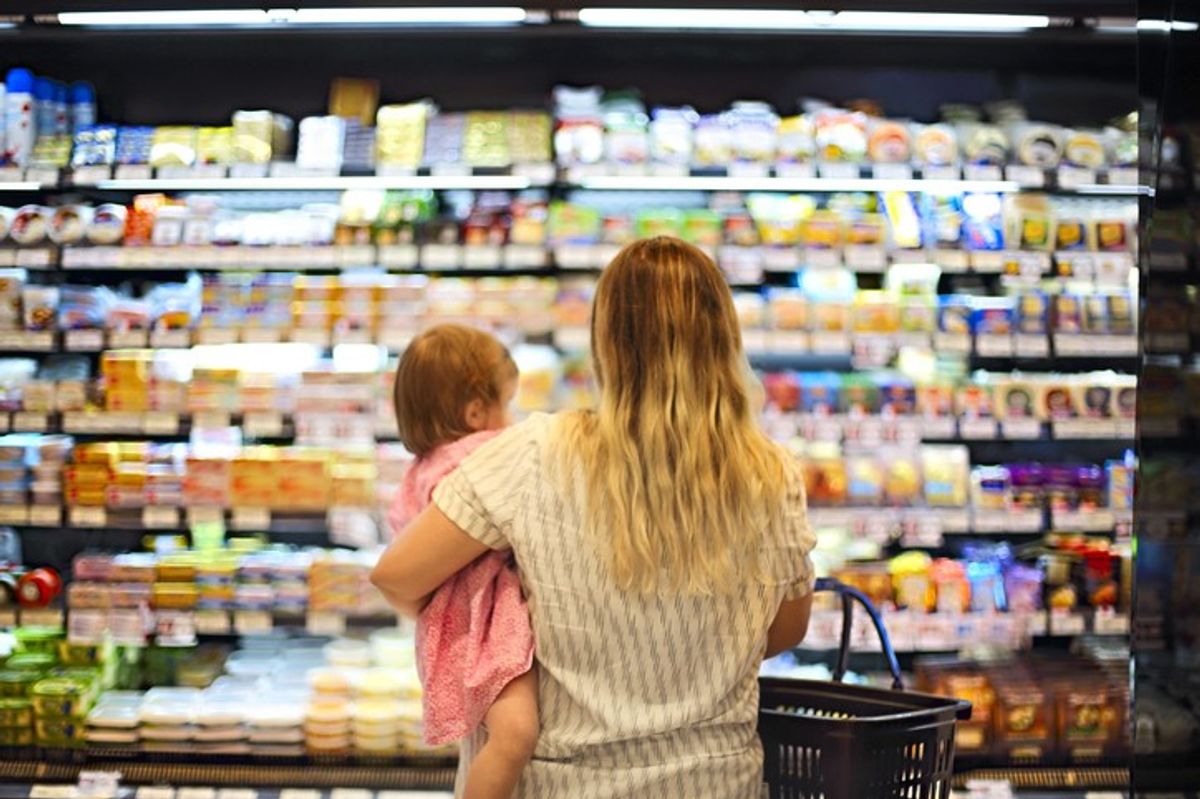"Tea prices also remained high as poor harvests in key producing regions continued to impact supply. While coffee prices experienced a momentary dip, price rises are imminent as global coffee prices approach record highs. In non-food, while many retailers unwound some of their discounting, there are still many bargains across fashion and furniture.
"Customers looking to upgrade their electricals were able to pick up some great deals in early Black Friday sales. With significant price pressures on the horizon, November’s figures may signal the end of falling inflation.
"The industry faces £7 billion of additional costs in 2025 because of changes to Employers’ National Insurance Contributions, business rates, an increase to the minimum wage and a new packaging levy.
"Retail already operates on slim margins, so these new costs will inevitably lead to higher prices. If the government wants to prevent this, it must reconsider the existing timelines for the new packaging levy, while ensuring any changes to business rates offer a meaningful reduction for all retailers as early as possible.”
Mike Watkins, Head of Retailer and Business Insight, NielsenIQ, said: “Shoppers are still being cautious by shopping savvy for the essentials and holding back their discretionary spend, so the lower level of inflation should help sentiment ahead of Black Friday promotions. And with lower inflation than this time last year, many food retailers are extending offers and discounts to help sales momentum in December.”The Centre for Economics and Business Research (CEBR), which produces the tracker for the supermarket, predicted that households will face “dampened spending power over the festive period”. It said the rising cost of essentials would be particularly concerning for households on lower incomes.


